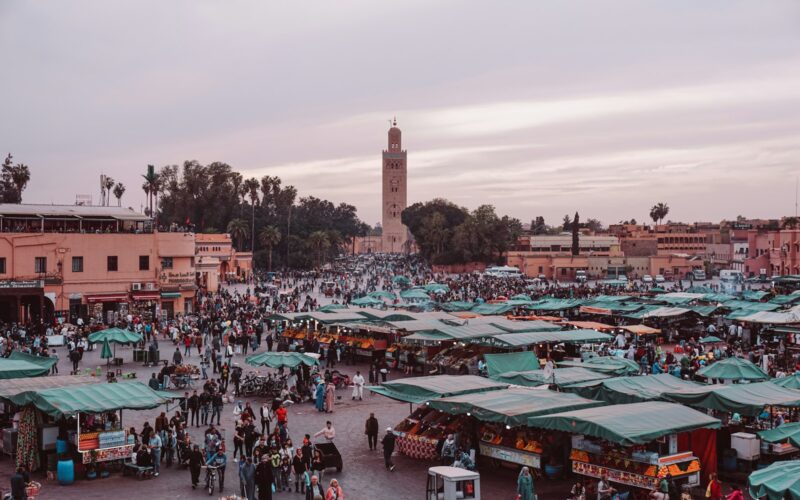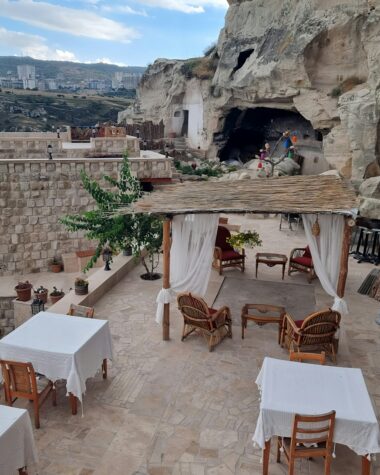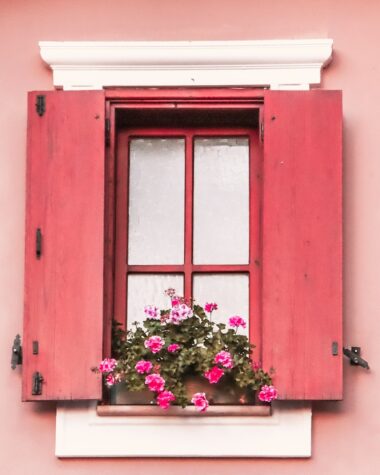Travel often comes with a price tag, but not every enriching experience needs to drain your wallet. Around the world, many cities are finding ways to make culture accessible to everyone. From open-air concerts to free museum days, these offerings prove that exploring art, history, and tradition doesn’t always require spending big. Some of the most vibrant cultural moments can be found without paying a single coin.
What makes these cities special is their dedication to sharing heritage and creativity with both locals and visitors. By offering regular free events, they open doors to deeper connections and allow travelers to immerse themselves in culture more meaningfully.
1. Paris, France
First Sundays at the Museums
Paris is often thought of as an expensive city, but it also has treasures that are entirely free. On the first Sunday of every month, many world-class museums, including the Musée d’Orsay and the Centre Pompidou, open their doors at no cost.
Art Everywhere
Beyond museums, Paris offers street performances, free festivals, and open-air cinema during the summer. Walking along the Seine, you might stumble across music or pop-up exhibits that cost nothing but give everything.
2. Marrakesh, Morocco
Cultural Life in the Medina
Marrakesh is alive with culture in every alleyway. Every month, visitors can experience free traditional storytelling sessions in the medina, a tradition known as “hikayat” that has been preserved for generations.
Festivals and Public Performances
The city also frequently hosts free outdoor performances of music, poetry, and theater in Jemaa el-Fnaa square. For travelers, this creates a vibrant and immersive introduction to Moroccan culture without spending a dirham.
3. Berlin, Germany
Museum Sundays
Berlin’s rich cultural landscape opens up on the first Sunday of each month when dozens of museums waive their entry fees. From the Pergamon Museum to the Berlinische Galerie, culture here is made accessible to everyone.
Street Art and Public Events
Berlin also thrives on street art, free concerts, and public festivals. Whether it’s a neighborhood flea market with live music or the famous Carnival of Cultures, the city keeps culture accessible year-round.
4. Mexico City, Mexico
Free Entry to Historic Sites
Mexico City has a wealth of cultural offerings. Many archaeological sites and historic landmarks are free on Sundays for residents, but tourists often benefit as well. Museums like the National Museum of Anthropology occasionally open their doors without charge.
Public Arts and Festivals
Street murals, open-air dance events, and festivals celebrating indigenous traditions make Mexico City a place where culture spills onto the streets for all to enjoy.
5. London, United Kingdom
Always-Free Museums
London is unique in that its major museums—such as the British Museum, the Tate Modern, and the National Gallery—are always free. This makes it one of the most accessible cultural capitals in the world.
Monthly Events Across the City
From free walking tours to open-air performances in Trafalgar Square, London ensures that anyone with curiosity can enjoy world-class culture at no cost.
6. What NOT to Assume About Free Cultural Experiences
Don’t Mistake Free for Lesser Quality
Free cultural events are often assumed to be secondary to paid experiences, but many of them showcase top-level talent, history, and creativity. In fact, some of the most powerful cultural memories travelers carry home come from these moments.
Avoid Overcrowding Without Planning
Free days can draw large crowds. Showing up unprepared can make the experience overwhelming. Arriving early or planning ahead ensures the best chance to enjoy them fully.
7. Why These Cities Stand Out
Accessibility and Inclusion
By making culture free, these cities ensure that art and history aren’t limited to those who can afford them. It fosters inclusivity and keeps heritage alive.
Creating Shared Memories
Free events often happen in public spaces, encouraging interaction and shared experiences. This sense of community makes the cultural encounter even more meaningful.
Conclusion
Cities like Paris, Marrakesh, Berlin, Mexico City, and London prove that cultural richness doesn’t need a ticket price. They remind us that heritage and creativity belong to everyone, and that the best way to experience a city is often through the moments freely shared.
For travelers, these opportunities provide both savings and depth. They are a chance to not only see but to feel the heart of a place, surrounded by locals and immersed in traditions. In a world where travel can often feel commercialized, free cultural experiences bring us back to what matters most: connection, community, and discovery.








